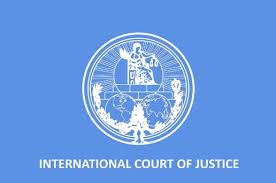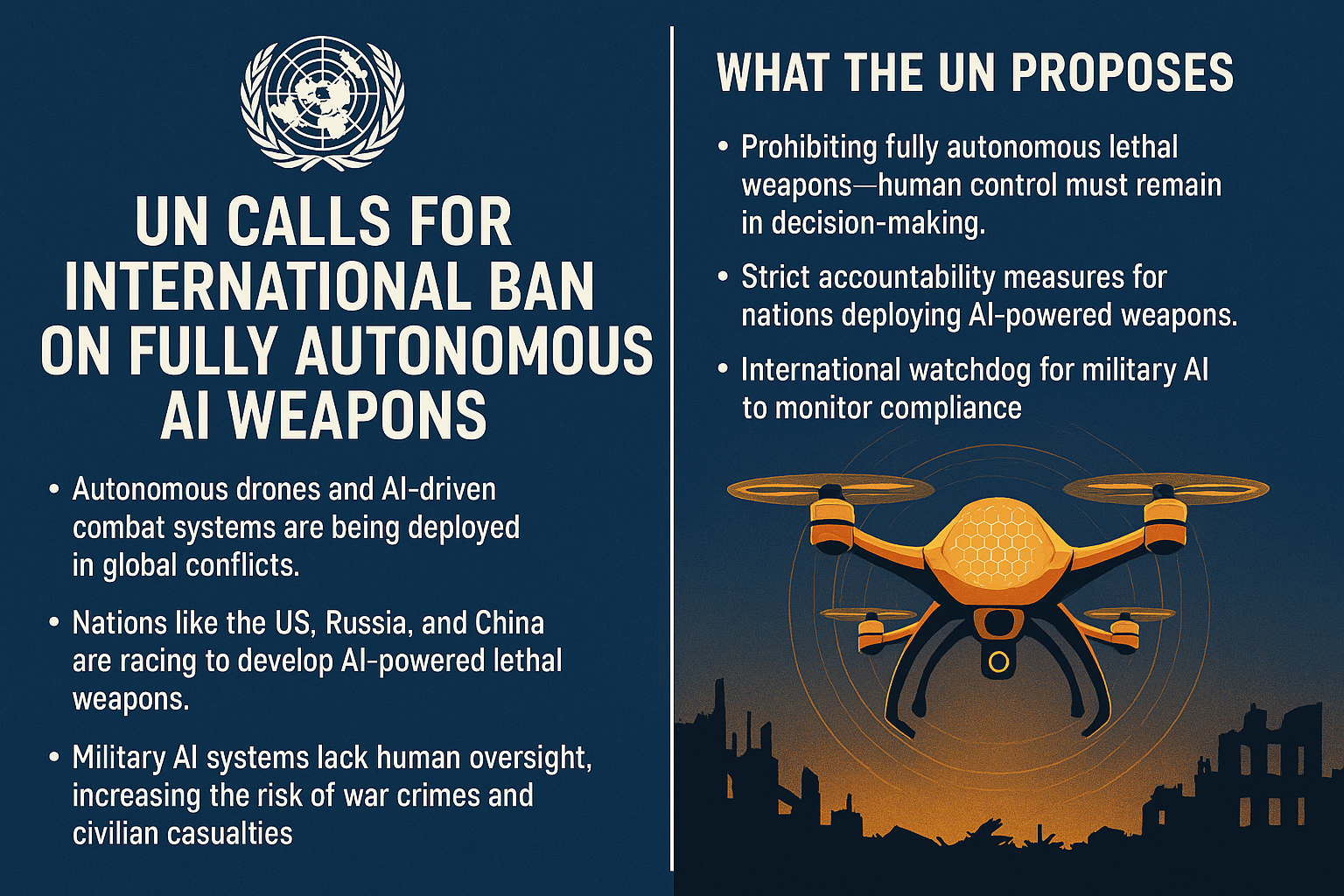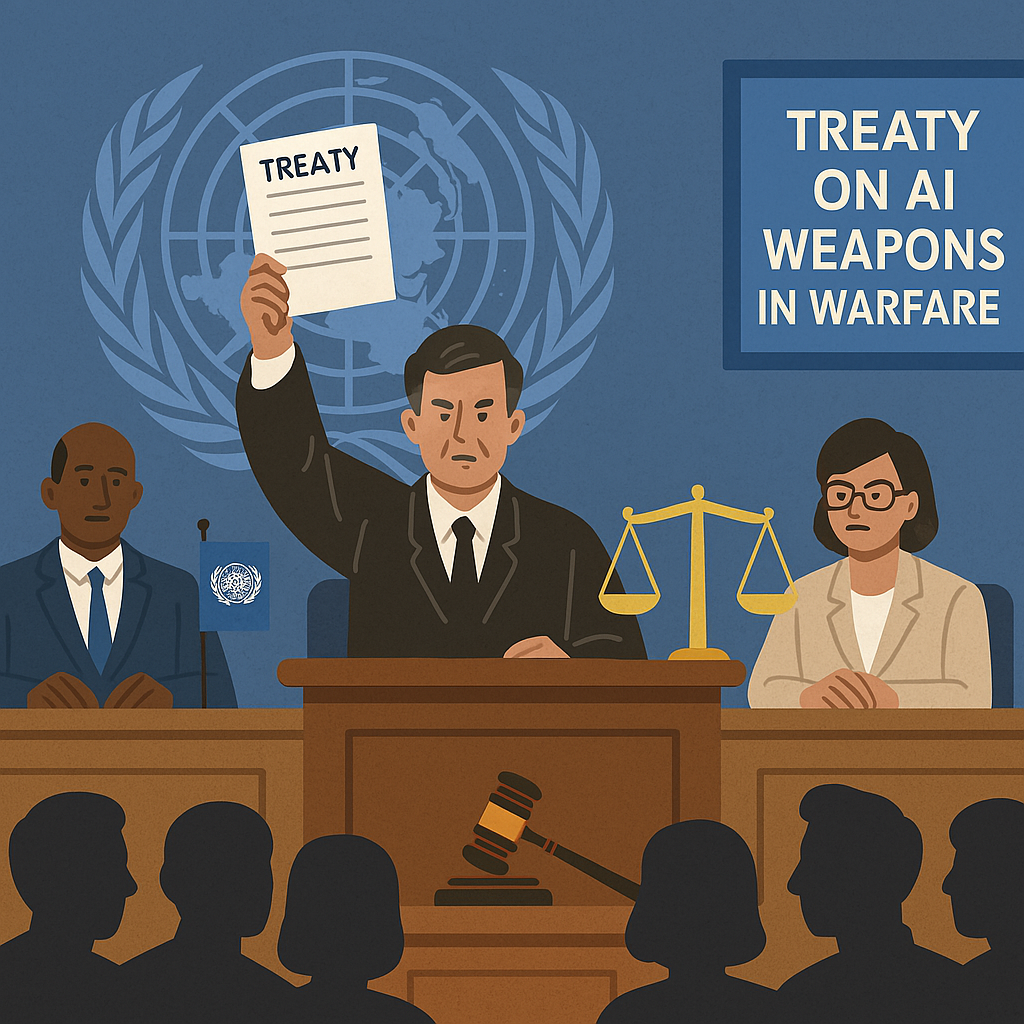Position of Individual in International Law
The position of the individual in international law has evolved significantly over time. Traditionally, international law was seen as a system governing relations between sovereign states only, but over the past century, individuals have increasingly become both subjects and objects of international law.
📜 Traditional View: State-Centric System
Under classical international law, individuals had no legal personality.
Only states and, to a lesser extent, international organizations were considered subjects of international law.
Individuals could be affected by international law only indirectly, through the laws and actions of their own state.
⚖️ Modern View: Individuals as Subjects of International Law
Today, individuals have direct rights and duties under international law in several areas:
1. Human Rights Law
Individuals have rights under various international human rights treaties:
Universal Declaration of Human Rights (UDHR) (1948)
International Covenant on Civil and Political Rights (ICCPR)
European Convention on Human Rights (ECHR)
Individuals can bring claims before international courts and tribunals (e.g., the European Court of Human Rights).
2. International Criminal Law
Individuals can be held criminally responsible for violations of international law:
Genocide, war crimes, crimes against humanity, aggression
Nuremberg Trials (1945–46): First recognition that individuals, not just states, could be prosecuted.
International Criminal Court (ICC) prosecutes individuals for serious international crimes.
3. Refugee and Asylum Law
Individuals have rights under the 1951 Refugee Convention.
Protection is granted based on individual persecution, not state-level disputes.
4. International Humanitarian Law
Regulates conduct during armed conflict and protects individuals, including civilians and prisoners of war.
Geneva Conventions (especially the Fourth Geneva Convention) specifically protect individuals in conflict zones.
5. Investment and Trade Law
Individuals and corporations can bring claims against states through investor-state dispute settlement (ISDS) mechanisms under treaties like BITs (Bilateral Investment Treaties).
🧑⚖️ Individuals as Both Subjects and Objects
| Role | Description |
|---|---|
| Subjects | Individuals bear rights and responsibilities (e.g., can sue or be sued). |
| Objects | Individuals are beneficiaries of state obligations under international law (e.g., a state must protect human rights of its citizens). |
🧭 Key Cases & Milestones
Nuremberg Trials (1945) – Individuals can be held accountable for international crimes.
Barcelona Traction Case (ICJ, 1970) – Recognition of obligations owed to individuals (e.g., human rights).
Loizidou v. Turkey (ECHR, 1996) – Established individual right to petition an international court.
Rome Statute (1998) – Created the ICC, cementing the individual’s position as a subject.
🧩 Conclusion
While the state remains a central actor, the individual now holds a significant position in international law — with both rights and responsibilities under various legal regimes. This shift reflects the increasing recognition of human dignity and accountability on the global stage.
Do write to us if you need any further assistance.


























0 comments